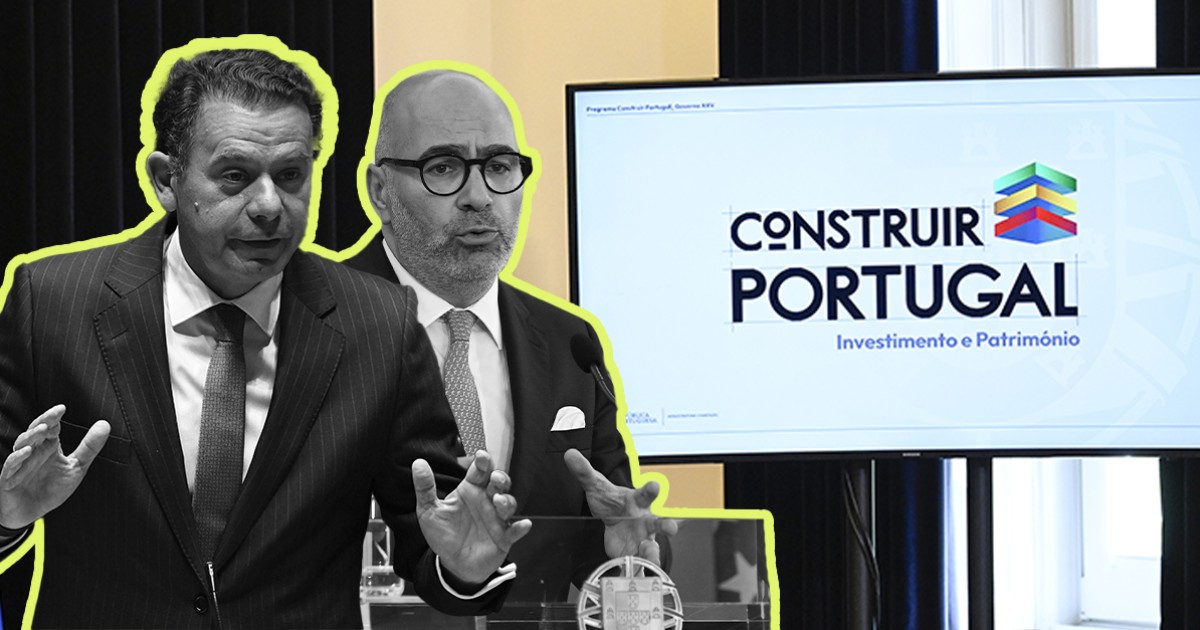Portugal Unveils Sweeping Housing Reforms Amidst Industry Division
The Portuguese government last week announced a significant policy overhaul for the housing sector, a 'shock plan' titled 'Construir Portugal' aimed at confronting the nation's severe housing crisis. The package, presented by the administration of Prime Minister Luís Montenegro, introduces a series of measures that have been met with both applause and sharp criticism from different corners of the real estate market, signaling a period of significant transition for property owners, developers, and investors.
At the heart of the government's strategy is a long-demanded fiscal incentive: the reduction of the VAT rate on new construction and substantial rehabilitation projects from 23% to 6%. This tax cut will apply to properties intended for sale with a price cap of €648,000, and to properties built for the rental market. The construction and development sectors have responded with strong approval. The Association of Industrialists of Civil Construction and Public Works (AICCOPN) stated the measure was “finally acolhida pelo Governo” (finally welcomed by the Government), while the Portuguese Association of Real Estate Developers and Investors (APPII) hailed it as a foundational step toward solving Portugal's “systemic housing problem.”
The plan's objectives are to drastically increase the housing supply by making development more financially viable. Alongside the VAT reduction, the government has also committed to simplifying and accelerating the notoriously slow municipal licensing procedures, a bureaucratic hurdle frequently cited by developers as a major impediment to bringing new housing to market. This dual approach of fiscal relief and red-tape reduction is intended to directly address the supply-side constraints that have driven prices to historic highs, particularly in urban centers like Lisbon and Porto.
However, other elements of the plan have proven far more contentious. The government is replacing the existing 'affordable rent' program with a new 'renda moderada' (moderate rent) concept. This scheme establishes a broad monthly rent range, from €400 to as high as €2,300, without specific municipal caps. Landlords who offer properties within this range on contracts of at least three years will benefit from a reduced IRS (personal income tax) rate of 10% on their rental income. The government, including Minister of Infrastructure and Housing Miguel Pinto Luz, defends the high ceiling as necessary to attract properties in expensive markets like Lisbon and to cater to middle-class families. Critics, however, are abundant. The Lisbon Tenants' Association (AIL) described the €2,300 limit as an “offense and an ultraje ao povo português” (an offense and an outrage to the Portuguese people), arguing it is completely misaligned with average national wages and could fuel further rent inflation.
Need Expert Guidance?
Get personalized insights from verified real estate professionals, lawyers, architects, and more.
Adding to the controversy is a measure aimed directly at international buyers. The government announced its intention to increase the Imposto Municipal sobre as Transmissões Onerosas de Imóveis (IMT), the property transfer tax, for non-resident individuals purchasing residential property. Portuguese emigrants are to be excluded from this tax hike. Minister Pinto Luz framed this as a “measure of justice” for wealth redistribution, but real estate professionals have warned it could deter crucial foreign investment. Patrícia Barão, head of residential at consultancy Dils, expressed concern about “passarmos a mensagem de que o investimento estrangeiro não é bem-vindo a Portugal” (sending the message that foreign investment is not welcome in Portugal). This follows the recent termination of the Golden Visa residency program and restrictions on the Non-Habitual Resident (NHR) tax regime, creating a perception of growing regulatory risk for foreign capital.
The government has also approved an end to capital gains tax on property sales, provided the full amount is reinvested into a property that will be rented out under the 'moderate rent' scheme. For tenants, the direct support is limited, consisting of a phased increase in the maximum annual rent deduction for tax purposes, reaching €1,000 by 2027. This has been criticized as insufficient by tenant associations and labor unions, who advocate for direct rent controls and an expansion of public housing.
The industry's reaction remains divided. While developers are optimistic about the supply-side incentives, there is widespread apprehension about the impact of the new rental framework and the increased tax burden on foreign buyers. Luís Menezes Leitão, president of the Lisbon Landlords Association (ALP), called the rental incentives “insufficient” and argued for a full repeal of recent rental laws to truly restore market confidence. The ultimate success of the 'Construir Portugal' plan will hinge on its execution and the delicate balance between stimulating supply and maintaining investor confidence in a market that is now facing a new set of rules.
Understand policy impacts on your Portugal property plans at realestate-lisbon.com.






